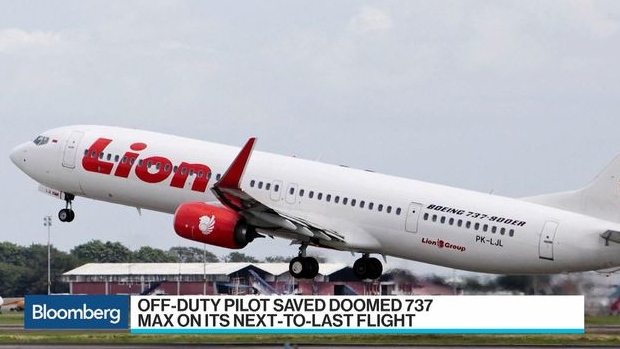I see I hit a nerve but that was not my intention. I have learned from reading of your experiences but I noted that the comments about voting your stock could come off the wrong way. That is really all.
As far as leadership goes, I don’t disagree with you but the problem is that neither you nor I, nor anyone else here, really knows the people involved. Certainly it is fair to say that things were screwed up at a non-technical level but that doesn’t necessarily equate to leadership or the lack thereof, as a cause. It is one of the reasons that finding out actual causation is important, because it then allows one to more accurately reconstruct the chain of failures that led to the problems at issue. Stated differently, stupidity, greed, cowardice, and laziness are nothing new for human beings— human beings really haven’t changed all that much in 10,000 years or so of recorded history. The stories from the Bible, or antiquity, when understood in context, portray stories remarkably similar to how people behave today. And all those traits existed when Boeing was making the great airplanes. What changed at a granular level, and what do those failures tell us, if anything, about the management (or mismanagement) by the company and the board? I agree it’s likely there was some lack of leadership but one of the things that a lot of management consultants (and politicians) do, and that I really dislike, is when they use broad platitudes that are broadly agreeable but that in practice tell you little. “We want to have manufacturing excellence.” Ok terrific, who doesn’t, but how do you translate that to a flawless product? That is really the question, and doing the work to find the flaws or problems is hard, and often benefits from people with a variety of backgrounds. Slogans will accomplish little other than to reinforce existing worldviews and establish that the person reflexively relying on them is not in possession of the actual facts of what went wrong. My interest in the story is that Boeing is perhaps the most or one of the most important companies in the U.S. I believe it’s the largest direct and indirect employer in the U.S., and its fete has important ramifications for our industrial base, national defense, and overall economic leadership. So from that perspective, I have a real interest in informed discussion and debate about what has gone wrong with this great American company. You have contributed to that discussion so I will end on a positive note and say thank you. Take care.
I think we agree on a great deal. I had no illusions about the impact of my vote, but that impact is the only one available to me.
I have a friend who is the chief test pilot at Boeing (Craig Bomben). Out of respect, I haven’t reached out to him at all during the Max crisis, or the current crisis. I doubt I would have any impact via that route, either, and it would not be fair to Bomber.
You’re right about human nature. But the question is one of leadership and culture. The right culture can overcome the worst of human nature, most of the time. I’ve seen that in the military, and in Joe Sutter’s book on the 747, You can see how one passionate engineer, who was given a project (recover our investment in the losing USAF cargo plane by selling 50 passenger versions) changed the course of a company, and aviation history. The 747 did all that. It killed the SST. It lowered the cost of air travel, and made it affordable.
When I see prospective board members like ADM Richardson, I lose hope. A career politician, really, not a warfighter, and not leader as I mean the term, he will do nothing to encourage engineering excellence, all while spouting the pointless slogans to which you refer. Ask anyone who was on his staff. No vision. No risk.
Most importantly - no empowerment or respect for the subordinates that actually have good ideas and make the place run. His tenure at US Fleet Forces was dramatic for its absolute repression of good ideas, of quelling any independent thinking, and or stripping subordinates of any influence. In other words - he is remarkably like the current board.
The board listened to Joe Sutter, and gave him the green light for extra funding on his project.
They empowered independent thinking. They allowed him to speak. They listened to the aircraft designer over the bean counter. Where are the board members like that these days?
In an effort to be an informed voter, I researched every board member (thanks Google). I was particularly dismayed to see Lynn Good, current CEO of Duke, on the board. Another company in which I’ve invested, and which has disappointed.
While human nature is pretty constant, the good parts of that nature, like leadership, vision, and empowering your people to achieve that vision, are sadly lacking at Boeing and I saw not one prospective board member that had a chance of bringing it back.
No Oscar Munoz waited in the wings. The field was simply more of the same. Well, doing more of the same that got us into this surely won’t get us out.
Worse, the Intel officer herself (henceforth referred to as “the admiral”) reported this morning that Boeing was going after all the whistleblowers.
That’s exactly the corporate culture that got Boeing in trouble. Squash your employees, strip them of input, hide your mistakes. That’s the plan? Really?
No vision. No leadership. No empowerment. Just avoid risk by quelling opposition, refusing to acknowledge mistakes, coming down on your employees and silencing them.
Boeing has a long way to go to recover.

